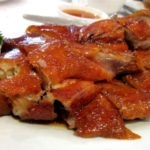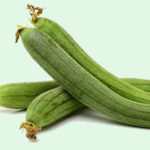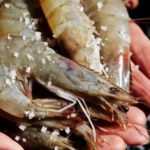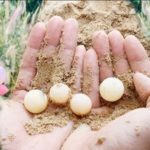Fish is a healthy food that contains a good source of protein for the body. It also provides many vitamins, minerals, iodine, and omega-3 fatty acids that are beneficial for the body’s functions, brain, and reduce the risk of dangerous diseases such as heart disease…
Typically, experts recommend eating fatty fish such as tuna, mackerel, and salmon at least 1-2 times a week.
However, in some cases, people should stay away from fish to protect their health.
When hungry
Fish contains a lot of protein and good fats for the body. However, it also contains high levels of purines, which can increase uric acid levels in the blood, causing damage to tissues. Therefore, it is advisable to avoid eating fish when hungry because at this time the uric acid level can increase rapidly, triggering a gout attack. Fish should be eaten with other foods such as rice, vegetables…
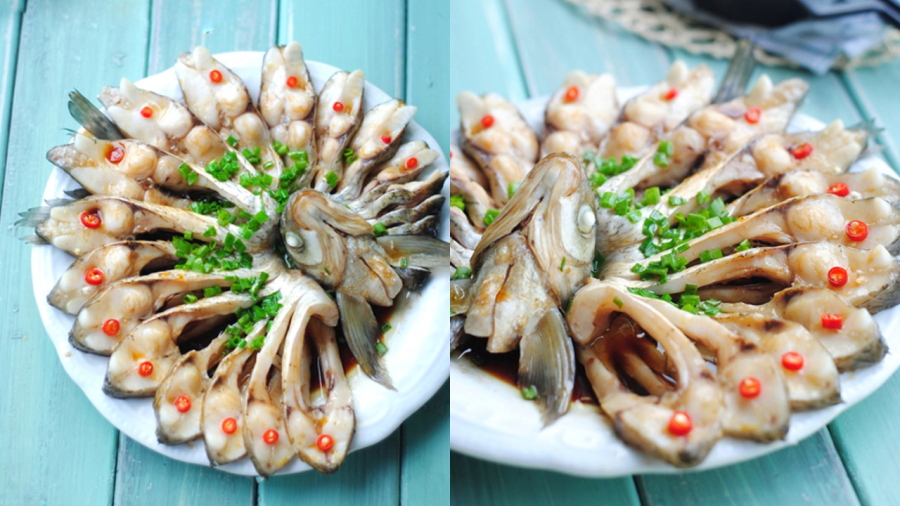
When experiencing digestive disorders
People who are experiencing digestive problems with uncomfortable symptoms such as abdominal pain, fever should not eat fish. Eating fish at this time will worsen the condition as fish contains high amounts of protein that are not easily digestible.
When allergic
Fish contains a certain amount of histamine. This substance is involved in the metabolic process and can cause allergic reactions. People with a history of fish allergies should not consume this type of food because if the allergy progresses severely, it can lead to symptoms such as nausea, rapid heartbeat, difficulty breathing… even endangering their lives.
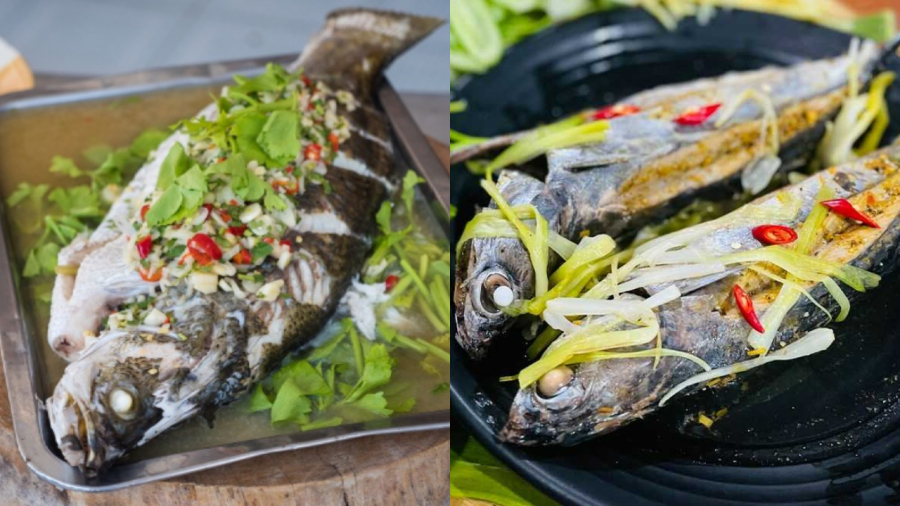
When coughing
Histamine can worsen coughing. Therefore, people who are coughing, feeling sick should limit fish intake.
When undergoing liver fibrosis treatment
People undergoing liver fibrosis treatment often have low platelet levels in their blood and impaired blood clotting function. Therefore, those advised to restrict fish intake, especially sea fish. The reason is that these fish provide anti-blood-clotting substances, making the treatment process more difficult. In addition, sea fish also have a very high risk of mercury contamination. Meanwhile, the liver is already weak and has difficulty processing nutrients from fish. Eating fish at this time will increase pressure on the liver and may lead to bleeding, internal bleeding, difficult clotting, and dangerous life-threatening bleeding.
Unlocking the Simple Solution to Combatting Odors of All Types of Meat
In order to ensure that your meat-based dishes not only taste great, but also do not give off any unpleasant odor, it is essential to find ways to deodorize popular meats such as beef, pork, chicken, and fish.
























